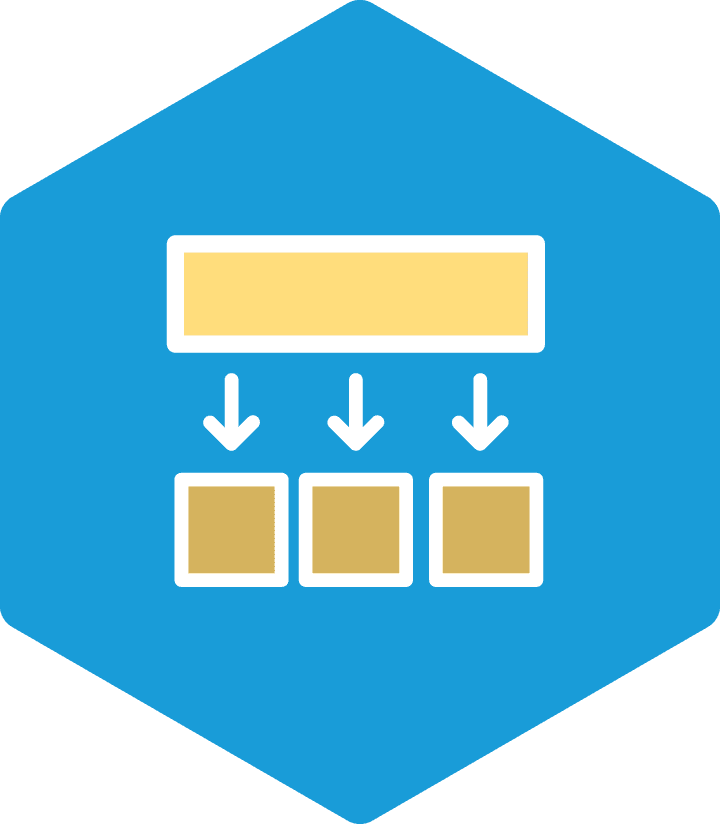Upcoming LSAT Classes
You're invited to LSAT Lab's live online class. We've flipped the traditional classroom. At LSAT Lab you learn the fundamentals with video lessons before you take on more advanced concepts in class. Taught by Matt Sherman and Patrick Tyrrell, who together have 35 years of experience in helping students achieve amazing LSAT scores.
LSAT Class Schedule
Times shown in Pacific (PST)

Principle
Instructor:
Sun, Mar 1
3:30 PM (PST)
Principle questions come in two main flavors. Learn how to support an argument with a general rule, and how to spot an argument that conforms to a given rule.